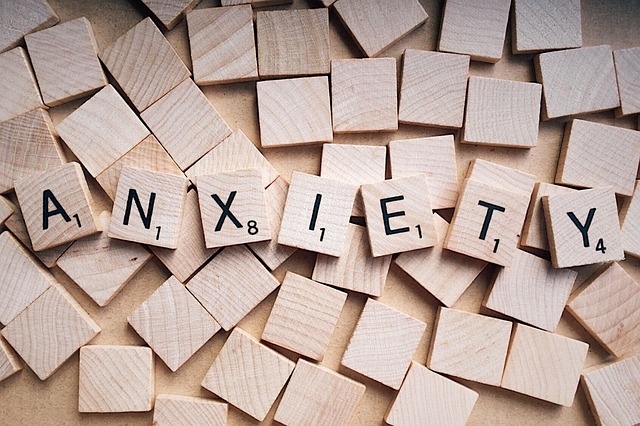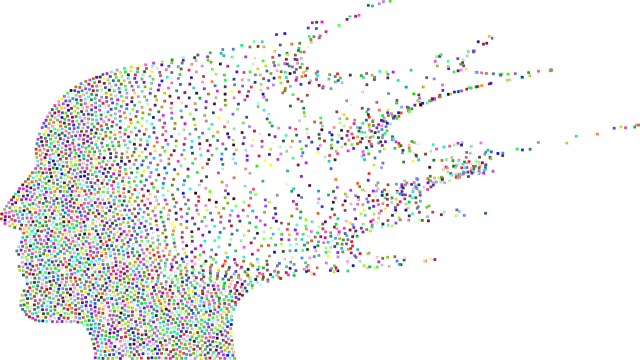Understanding and implementing mood regulation strategies like mindfulness meditation and self-care practices are powerful tools for managing eating disorders and promoting mental well-being in Boulder. Boulder Eating Disorders Therapy adopts a holistic approach, combining evidence-based methods such as CBT, conflict resolution techniques, cultural sensitivity, and emotional regulation through mindfulness to target symptoms and root causes. This supportive environment equips individuals with skills to manage intense emotions, navigate challenges effectively, and achieve long-term mental wellness.
Mood regulation strategies are essential tools for managing emotional well-being. This comprehensive guide explores various techniques to help you understand and navigate your moods effectively. From daily practices to specialized therapies like Boulder Eating Disorders Therapy, we offer a holistic approach to mood management. Discover proven methods to enhance resilience, promote balance, and foster a healthier relationship with your emotions.
- Understanding Mood Regulation Strategies
- Effective Techniques for Daily Practice
- Boulder Eating Disorders Therapy: A Holistic Approach to Mood Management
Understanding Mood Regulation Strategies

Understanding Mood Regulation Strategies is a pivotal aspect of holistic mental health care, particularly for individuals navigating challenges like eating disorders in Boulder. These strategies empower people to manage and stabilize their emotional states, fostering resilience and overall well-being. By employing techniques such as Social Skills Training, which enhances interpersonal connections and communication, individuals can improve their ability to express feelings and seek support when needed.
Mental Health Education Programs Design plays a crucial role in equipping individuals with the knowledge to recognize triggers and patterns that influence mood. Incorporating practices like Mindfulness Meditation into daily routines helps individuals develop a greater awareness of their thoughts and emotions, promoting non-judgmental acceptance and better stress management. These strategies not only support recovery from eating disorders but also contribute to sustainable mental health in Boulder and beyond.
Effective Techniques for Daily Practice

Incorporating effective mood regulation strategies into daily life is a powerful tool for managing emotional well-being, especially for individuals navigating eating disorders or mental health challenges. Beyond traditional therapy sessions, such as Boulder Eating Disorders Therapy, there are practical techniques that can be readily implemented to foster resilience and stability. Mindfulness Meditation has emerged as a game-changer in this realm, allowing people to cultivate present-moment awareness and develop a non-judgmental perspective on their emotions. By focusing on the breath and observing thoughts without attachment, individuals can gain better control over reactive responses.
Self-Care Practices are another essential aspect of daily mood regulation. Engaging in regular physical activity, prioritizing quality sleep, and adopting a balanced diet all contribute to emotional resilience. Additionally, Burnout Prevention Strategies for Healthcare Providers, such as setting boundaries, delegating tasks, and engaging in stress-reducing activities, can be adapted for personal use. Incorporating these strategies into daily routines enables individuals to proactively manage their mental health, fostering a sense of control and enhancing overall well-being.
Boulder Eating Disorders Therapy: A Holistic Approach to Mood Management

Boulder Eating Disorders Therapy offers a holistic approach to mood management, addressing not just the symptoms but the underlying causes of eating disorders. This comprehensive strategy incorporates various techniques like Cognitive Behavioral Therapy (CBT) and Conflict Resolution Techniques to help individuals understand their emotional triggers and develop healthier coping mechanisms. By integrating Cultural Sensitivity in Mental Healthcare Practice, therapists create a safe and supportive environment where clients can explore their relationships with food and body image without judgment.
The program emphasizes the importance of Emotional Regulation as a core component of recovery. Through mindfulness practices and personalized therapy sessions, individuals learn to identify and manage intense emotions that may contribute to disordered eating patterns. By mastering these skills, Boulder Eating Disorders Therapy empowers clients to navigate challenges more effectively and maintain long-term mental wellness.
Mood regulation is a multifaceted skill, and with the right strategies, individuals can effectively manage their emotional well-being. This article has explored various techniques, from understanding the basics of mood regulation to practical daily practices. For those seeking a comprehensive approach, Boulder Eating Disorders Therapy offers a holistic method to manage moods, addressing the root causes of emotional struggles. By combining these strategies with professional guidance, one can achieve better emotional balance and overall mental health.









